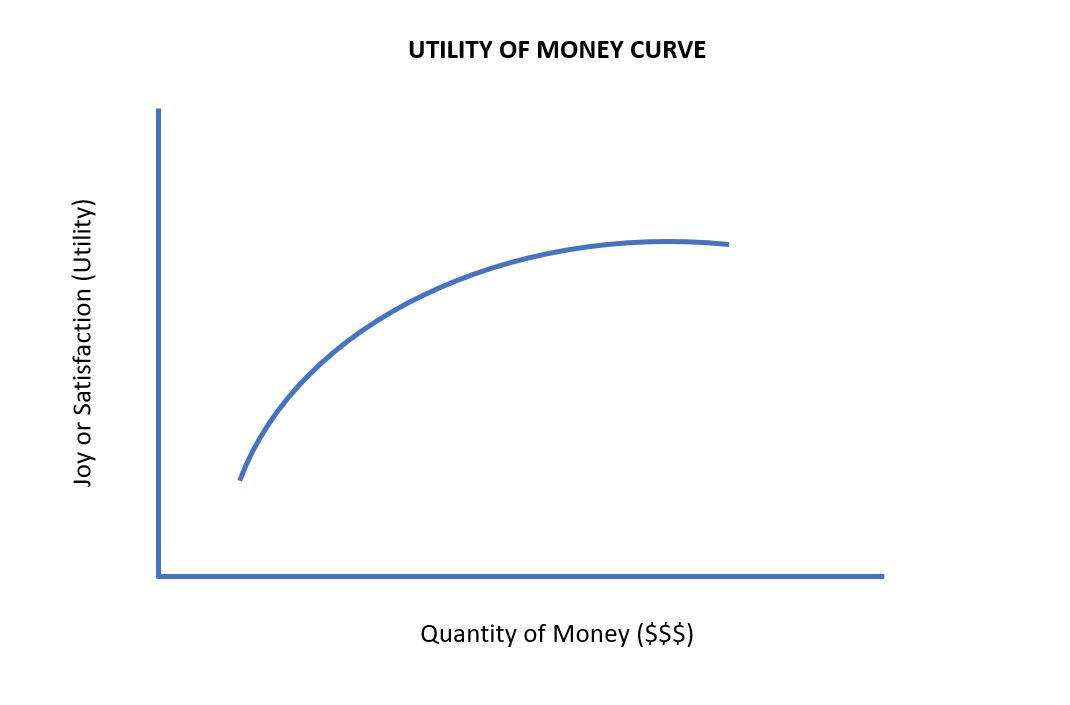televisione
Master Member
- Joined
- Apr 15, 2022
- Messages
- 3,448
- Reaction score
- 1,593
A) It really depends on how you're earning your money, are you putting in extra time, or have your capabilities significantly improved? Usually, It is the latter.
B) Usually, this applies to people who have over-invested instead of upgrading their lifestyle.
Sinkie should learn to view lifestyle through a global lens. No one worked and studied hard their whole life just to end up living in a small apartment, relying on public transport, and eating cai png every day.
There are countless ways to meaningfully improve your quality of life, such as hiring a personal chef, chauffeur, nutritionist, bigger house or fitness coach. In the world of luxury, there are no limits. These are often life-changing for the entire family, significantly improving their mental well-being and overall lifestyle.
B) Usually, this applies to people who have over-invested instead of upgrading their lifestyle.
Sinkie should learn to view lifestyle through a global lens. No one worked and studied hard their whole life just to end up living in a small apartment, relying on public transport, and eating cai png every day.
There are countless ways to meaningfully improve your quality of life, such as hiring a personal chef, chauffeur, nutritionist, bigger house or fitness coach. In the world of luxury, there are no limits. These are often life-changing for the entire family, significantly improving their mental well-being and overall lifestyle.



